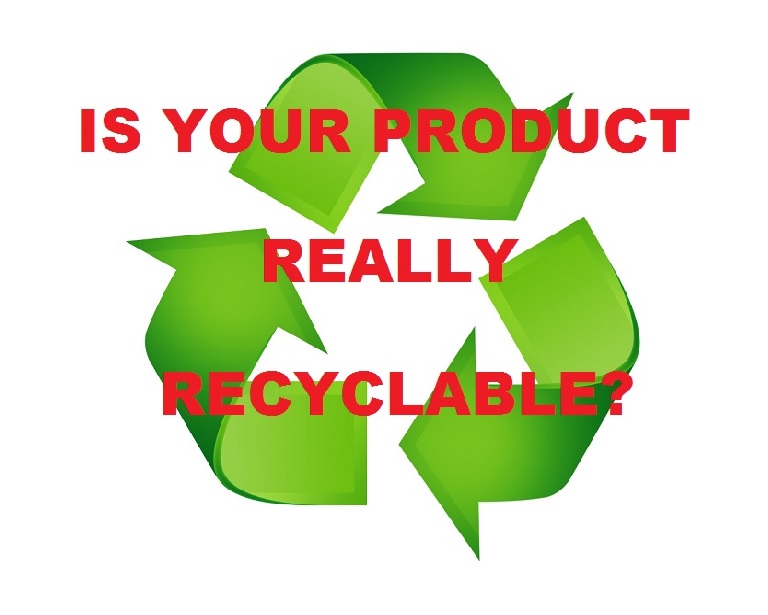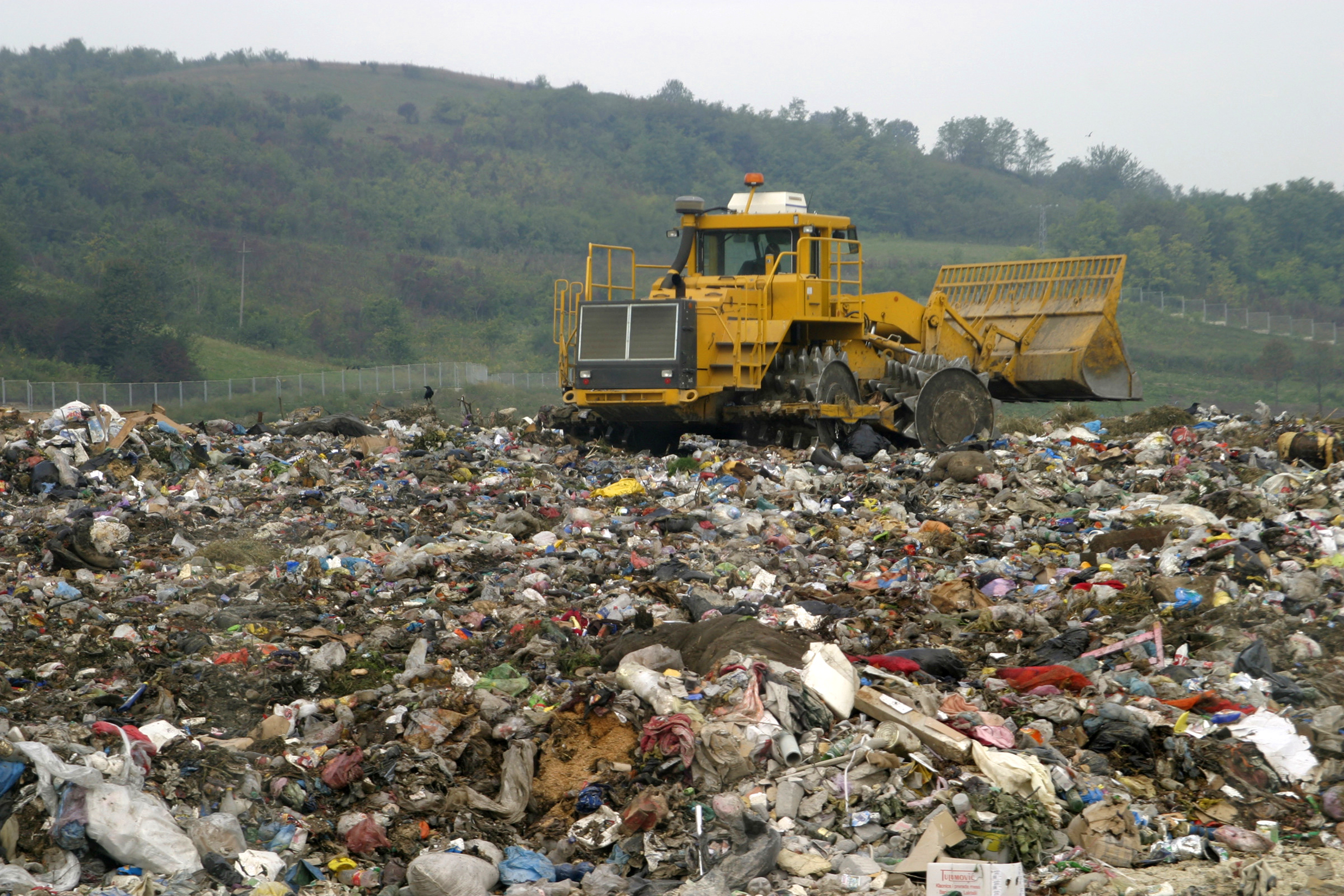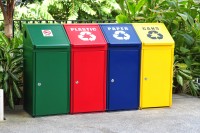The judgment was a huge win for companies looking to address the plastics they produce that will end up in a landfill, including the support of marketing such biodegradable materials. The judge stood by the science of the matter and recognized legitimate testing. He also recognized the variations that are inherent in any natural process. The complete report is very interesting, so if you need some evening reading take a look at the entire 300 pages. Complete Report
In the meantime, here is a synopsis of the court findings:
- Biodegradability is an inherent feature of a material, much like color or IV, the environmental conditions will affect the rate of biodegradation – but it does not change whether the material is biodegradable. Basically, it either is or it isn’t.
- Biodegradation is the degradation of a material through the action of naturally occurring living organisms – there is no time frame limitation as the biodegradation time frame is dependent of the environment. This would imply that any material requiring an initial mechanical degradation prior to biodegradation would not be inherently biodegradable.
- The only testing valid for landfill biodegradable is anaerobic testing that uses gas production as the measurement for biodegradation (ASTM D5511, ASTM D5526 and Biochemical Methane Potential Testing would all apply). Weight loss is not valid for biodegradation testing. Aerobic testing is not valid for landfill biodegradation validation.
- The FTC surveys that concluded consumers believe biodegradable material will go away in less than a year was thrown out as invalid. Instead it was shown that a majority of consumers understand that the rate of biodegradation is dependent on the material and the environment. Hence the one year restriction the FTC has placed would not be scientifically or socially sound.
- Biodegradation of additive containing plastics can and does produce biodegradable materials.
- It is not appropriate to place a time frame for complete biodegradation as it is dependent upon conditions.
- A material need not be tested to complete biodegradation to be considered biodegradable, however the percent of biodegradation validated in the test must be statistically significant and well beyond any additive percentage. (also the background gas production from the inoculum must be accounted for and subtracted from the results).
It is wonderful to see a judge astute enough to recognize the facts and stick with the science regardless of industry pressures and misconceptions!





